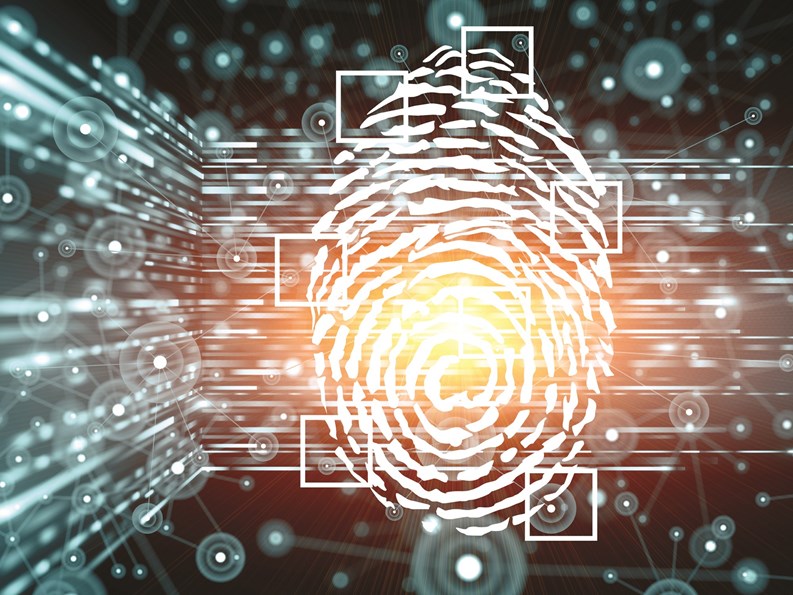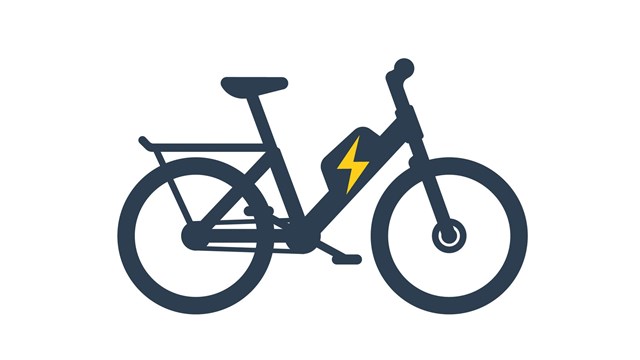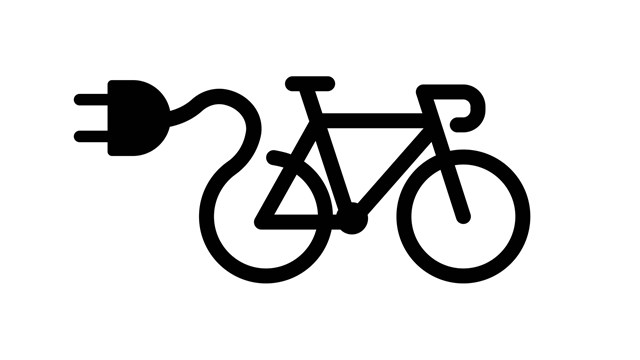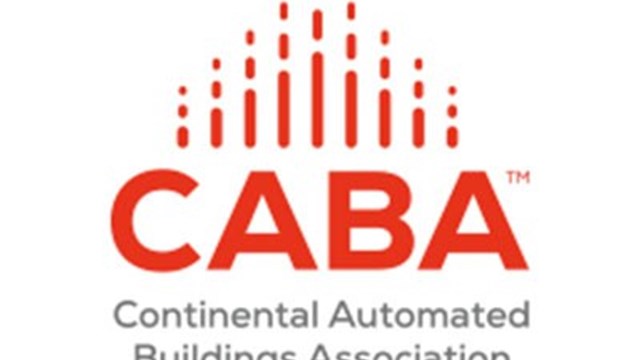Since September 11, 2001, most buildings in New York City have taken security and safety measures much more seriously. Although the effects of the terrorist attacks two years ago forced co-op and condo managers and owners to reevaluate safety plans on all properties, building security should not just be limited to protecting the property and tenants from the alarming - if remote - threat of terrorism. "Security" more often means preventing day-to-day crime scenarios, such as unwanted intruders, vandalism and theft.
Deciding what security measures to implement, however, depends on a building's size and budget, as well as the needs of tenants. Even buildings that cannot afford - or do not want - to install state-of-the art security cameras, key tracks or voice systems can still put into action simple, concrete ways of increasing security without all the accoutrements.
The first, most effective way of creating a security plan is to create a security team and complete a full assessment of your property. Such a team might consist of your managing agent, building staff members, and a few people from the board. After all, who better to perform a security review than the people most intimately familiar with your building? This approach may work well for buildings with security plans and systems that are functioning well already; if your building has been neglecting security issues, or if you feel that your building is at risk for security problems, you might consider enlisting the help of a professional to assess your building and offer your board and management some recommendations for increasing day-to-day safety.
Your board should also consider consulting with a security expert familiar with security issues in co-ops and condos. Once the assessment is complete, many options are available for securing your building. One of the most common security measures is the use of closed circuit video cameras. However, with big brother watching more now than ever before, tenant privacy remains a forefront issue. Fortunately, tenants are becoming more amenable to farther-reaching safety measures - including the addition of security cameras on the premises. "[Today], there's more of a tolerance for intrusion," says Daniel Altman, an attorney and partner at Belkin, Burden, Wenig and Goldman, LLP in Manhattan. "The security is usually outweighed by people's feelings toward privacy. The tenants believe they are doing a greater good for the safety and security of the buildings."
London Terrace Gardens, a 1,000-unit prewar luxury apartment building located just off 23rd Street in the heart of New York City's Chelsea district, has 75 closed circuit televisions as just one piece of their security plan. Cameras are placed in the elevators, lobby and common areas - such as the basement and laundry rooms - and at each entrance.
Security cameras are now high-tech digital video systems, which provide easier playback, according to Andrew Hoffman, vice president of Clarendon Management, the management company for London Terrace Gardens. "We eliminate the necessity of having videotapes, and the images we see are much finer - we get more detail in each picture." In addition, Hoffman explains that the use of digital security cameras allows you to enter the date, time and camera number to see the picture you want, instead of fast forwarding or rewinding tape after tape. Digital cameras can be set to record only with movement, so once the elevator starts moving, for example, it will start recording.
London Terrace uses video cameras as only part of their overall security plan, which also includes upgrading to a Key Track inventory system, enforcing stricter house rules, and communicating more often with the tenants. Eric Goidel, partner in the co-op and condo department of the law firm of Borah Goldstein Altschuler Schwartz & Nahins, PC in Forest Hills, cautions building managers and owners to use surveillance cameras properly for the most effective security.
"Several buildings have installed enhanced surveillance systems and cameras, but my bigger concern is that now you bought all this security, what do you do with it?" says Goidel. " Is there someone monitoring the video cameras in real time, or are you using it as something historical and only looking at it if something happens? Security cameras can give a false sense of security when residents think that someone is watching the cameras all the time. It's important to let the residents know whether the cameras are monitored on a constant basis or an historical basis."
Although a video camera can be a successful crime deterrent, hiring a security guard to monitor your premises might also be an idea worth considering. Buildings must consider whether to hire an outside security firm or to have an in-house courtesy officer on the grounds. "In practical terms, the primary difference between the two is that the contract security guard is employed by the contractor, and not by you," says Chris E. McGoey, a security expert located in Southern California. "The in-house courtesy officer is an employee of the property management company and usually lives on the premises. The courtesy officer may not be in traditional uniform and may only wear a logo shirt."
McGoey explains that there are advantages and disadvantages to using either type of guard. "The biggest advantage of a courtesy officer over the contract worker is the ability to have them live on-site and get to know the property and residents better. Most carry a pager and can respond quickly. Many courtesy officers offer superior service and become very loyal to the property they protect. Many are off-duty police officers, and with that [comes] superior training and experience."
However, McGoey says not to assume that off-duty police officers know how to provide adequate security to an apartment property. "Apartment security isn't taught at the police academy. Also, remember that off-duty police officers may be tired, and may not want to wear another uniform or do a lot of foot patrol. That said, many courtesy officers are"¦civilians, and can be at a disadvantage with a lack of professional security or police training. Obviously, the training problem can be overcome with a little effort."
In New York, however, it's mandated by law that security guards be trained and certified, and it's vital that security guards are screened before being employed. Unfortunately, in 2002, a sweep of security companies found unregistered guards whose fingerprints had not been submitted for a background check. According to a release from the New York Department of State, an ongoing investigation begun after September 11th by the department uncovered numerous companies employing unregistered guards and other violations of the licensing law. In one crackdown, the department took action against 27 companies that employed over 400 unregistered guards.
As a result, several larger complex co-ops are now exploring the notion of establishing their own security guard companies versus contracting out. "When you hire an outside security company, they hire the guards, but when a building has their own security company, it will give them greater control over employment, screening and security issues on the property," says Goidel, whose firm represents over 100 buildings. "There will be no real increase in cost, because they were paying for the outside costs of the security guard anyway."
Before developing their own security company, however, buildings should review their insurance packages to make sure coverage is adequate. "If they are considering getting their own security company, they should get separate insurance specifically for the company they are forming," says Goidel. "There are ways to lump the insurance together, and it might be more cost effective, but it's better to procure a separate policy."
Protecting residents goes beyond keeping an eye on the comings and goings to and from your building. Many buildings have opted to eliminate door keys that can be easily duplicated and handed out in favor of keyless entry systems that can be monitored via computer. These keyless systems provide a detailed trail of the tenants in the building. Key track systems are practical when visitors are on the premises for more than a day or two. Some visitors want access to the building without the tenant. By using a key track system, the card will expire within a certain period of time and cannot be duplicated. When a tenant moves, the card number can be eliminated from the system.
What about the tenant who uses his card to enter the building and lets in the next 10 people behind him? "We constantly instruct our tenants about the difference between being rude and being safety-conscious," says Hoffman. Communication with tenants about safety issues is another vital aspect of a successful plan. London Terrace tenants receive newsletters and have regular meetings with the tenant association to discuss safety issues. In a regular newsletter, you can inform tenants of changes in house rules, policies, meetings and such.
Not only are buildings adding security equipment to the premises, but managers are also becoming stricter with policies such as food deliveries and moving in and out. "All of these tightened rules are doing a good job," says Hoffman. "It's a level of supervision that we're constantly [maintaining]."
Once security measures are in place, training employees like as doormen, porters, maintenance workers, supers and security guards is critical. The doorman, once just a pleasurable greeter at the main entrance, is now another set of eyes on the property and plays a vital role in any emergency situation. Service Employees International Union (SEIU) Local 32BJ, which represents 75,000 building service employees, including doormen, porters, maintenance workers, cleaners, security guards, and superintendents have begun to implement strategies that train their union members in building security. In their new contract, the union negotiated $1 million a year from building owners for safety and security training. Other organizations, including the Federation of New York Housing Cooperatives and Condominiums (FNYHC) offer safety tips and suggestions for those working or living in a co-op. The Council of New York Cooperatives and Condominiums (CNYC) also regularly offers safety seminars for co-op and condo managers and owners.
While most tenants will welcome the upgrade of building security, some may be wary. Unfortunately, they might not have a choice. "Buildings should check the bylaws," says Altman. "It governs what the board of directors can and cannot do, but as long as the board is mindful to not discriminate against any [class of] people and a board, based upon New York law is exercising its business judgment and are not being arbitrary and capricious, then they do not need the residents' approval to increase security. However, boards want to make sure they are sensitive to addressing the needs of the tenants, and the shareholders and will usually hold a meeting to let them know they are going to take these measures."
Even if your building isn't prepared to install high-tech security cameras, keyless entry and other measures, there are steps you can take to keep your building safe. Tenant awareness, such as neighborhood crime watches and tenant association meetings are critical. A regular assessment of the building can pinpoint security flaws in the building. Blueprints and floor plans will show any critical areas that lack sufficient security. For example, you might find a back door that is not adequately closed and needs to be repaired. Remember to look beyond the front door and don't forget the garage. Make certain your doorman or front desk personnel have a list of who should and should not be in the building. Implement sign in procedures and photo identification requirements. After all, in today's world, every little bit helps when it comes to staying safe.







Comments
Leave a Comment